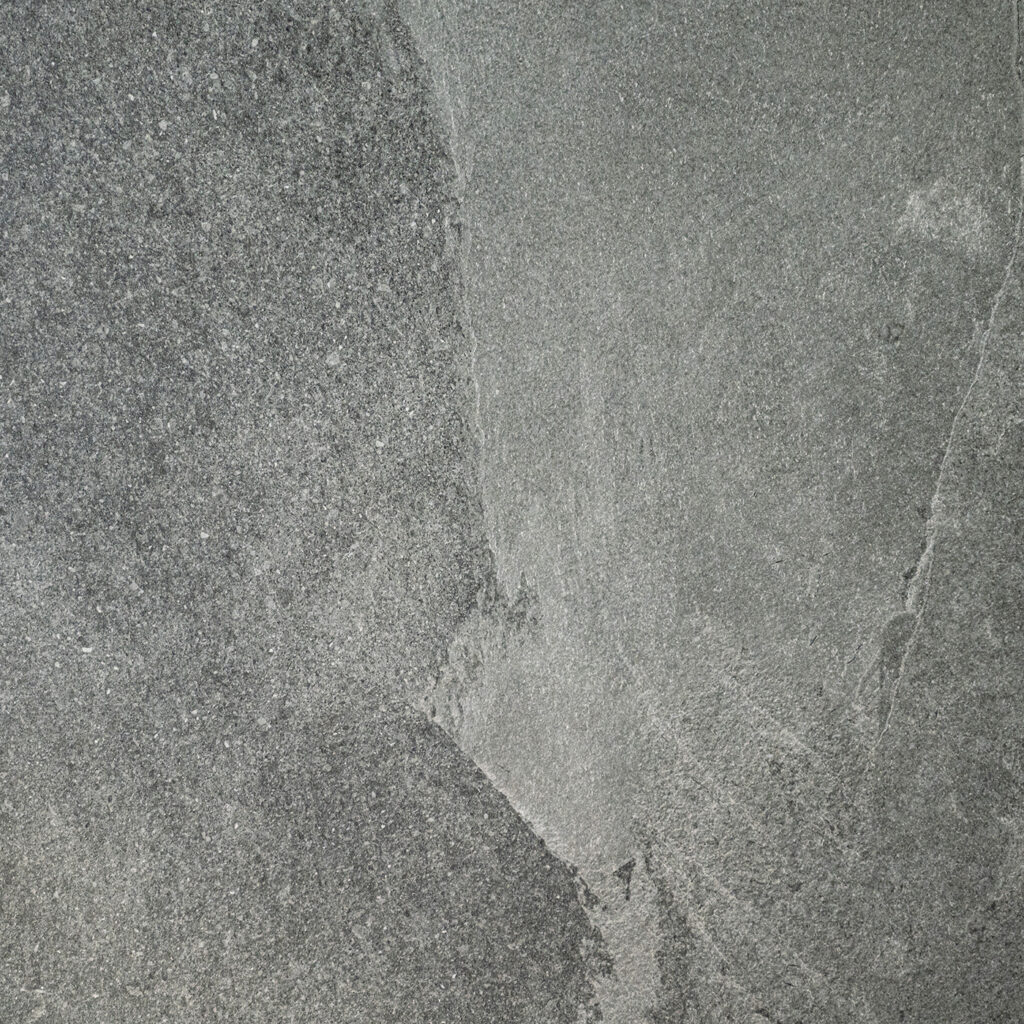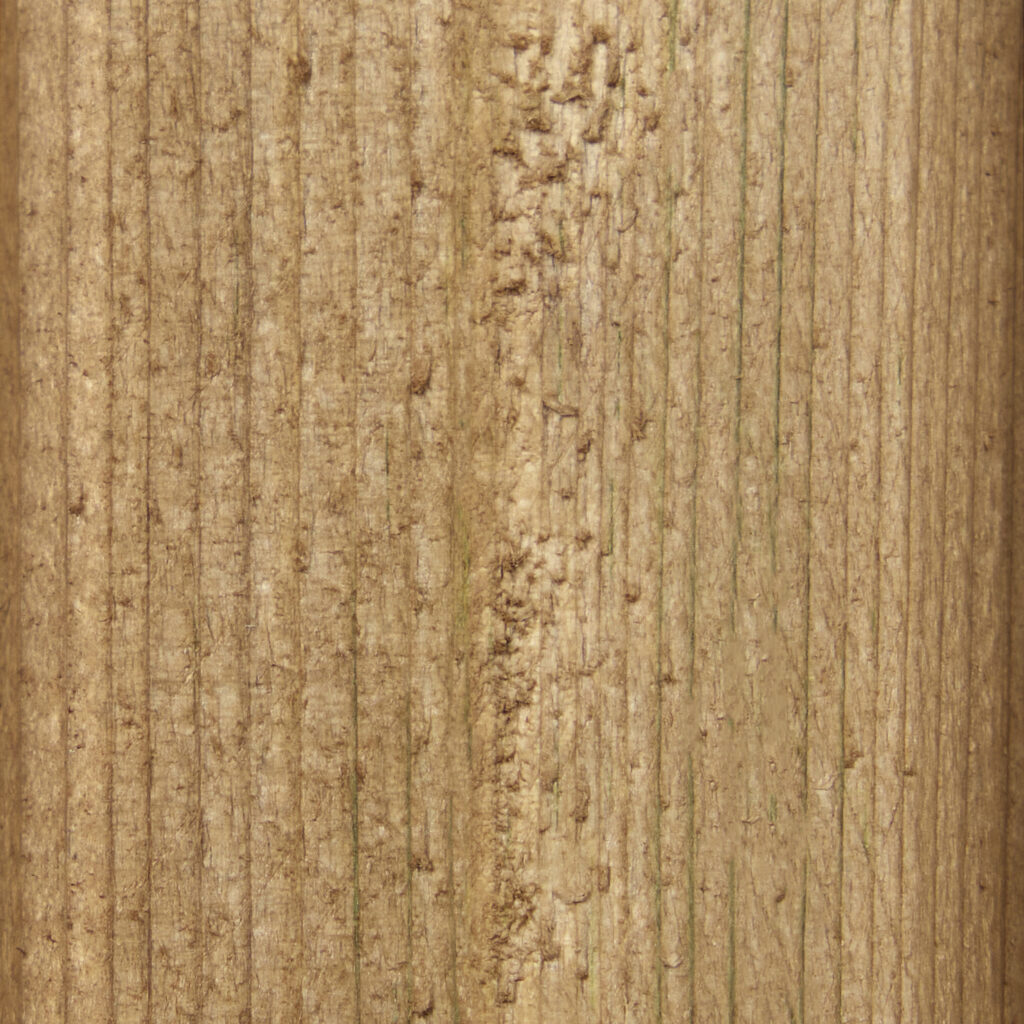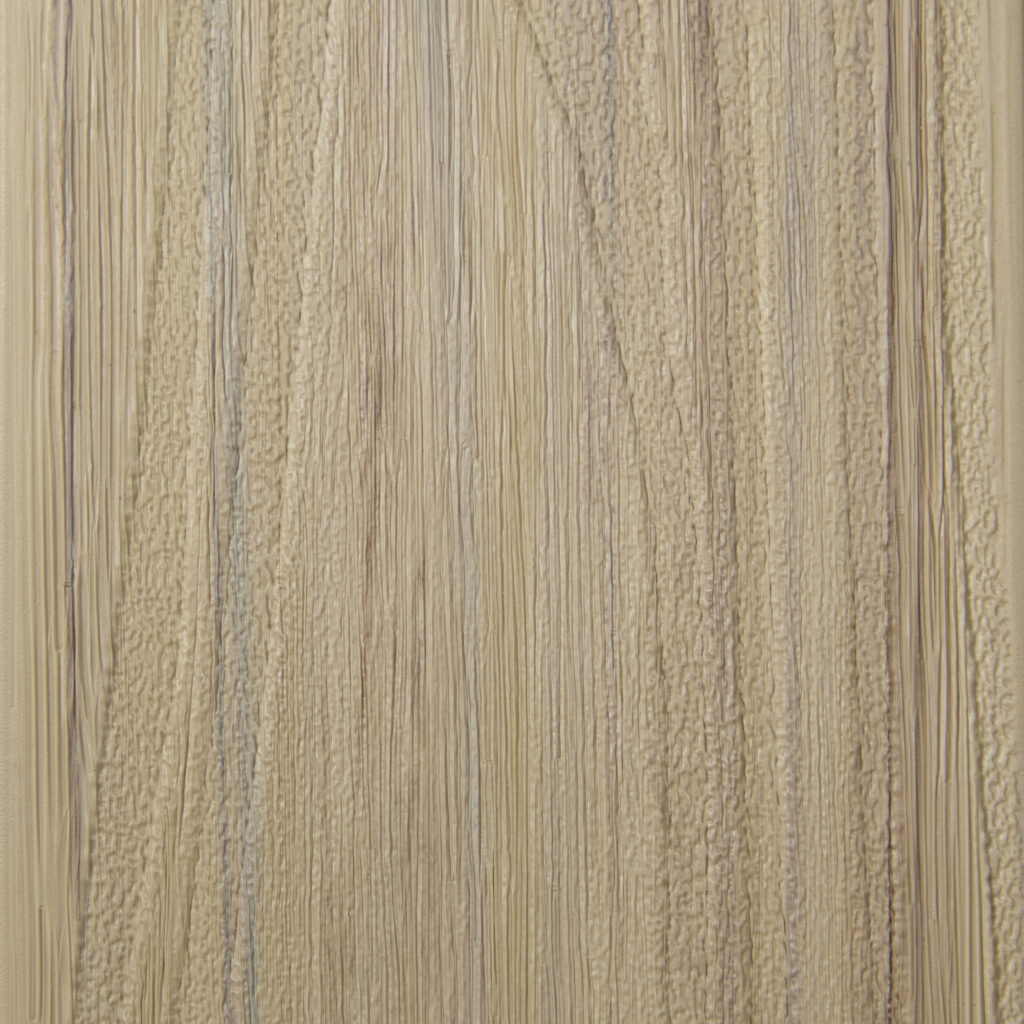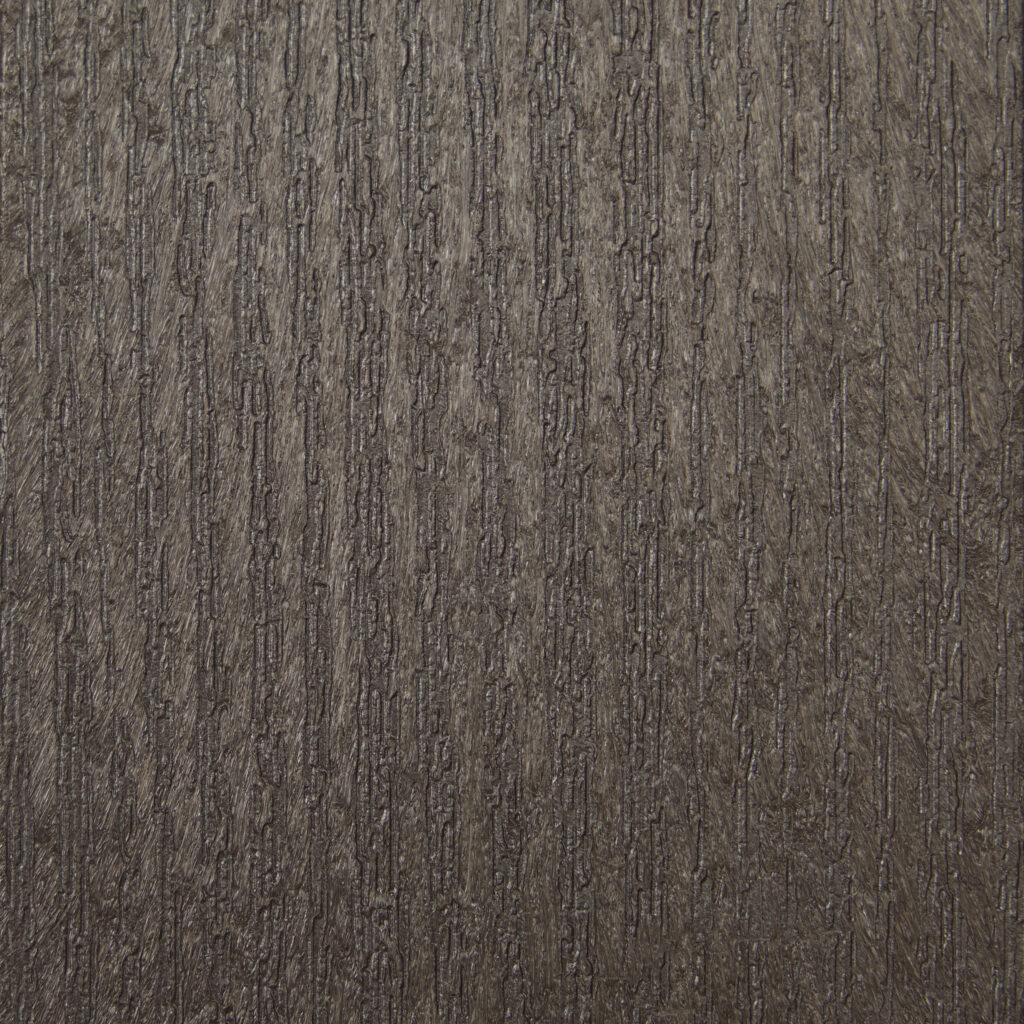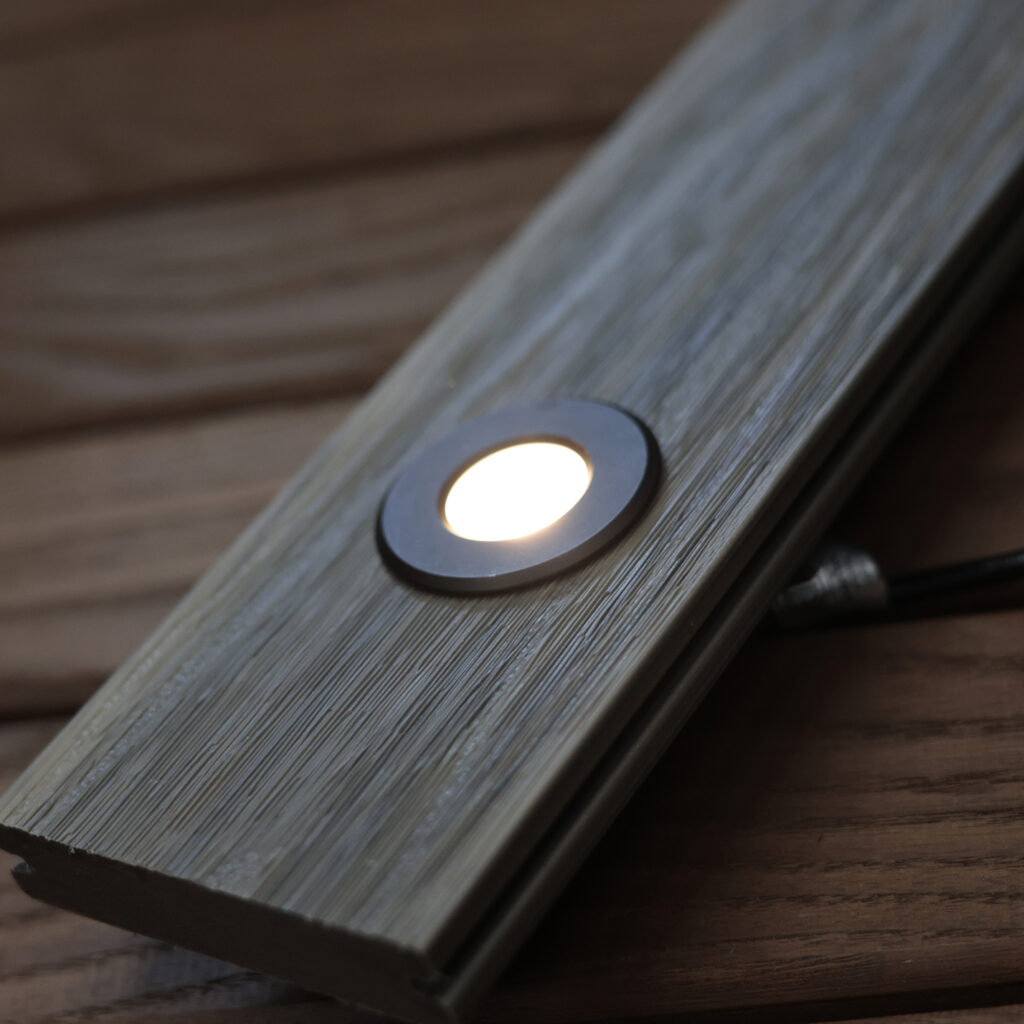Would you like to browse our deck tile products and accessories?

- By: Greg Dean
- Tags: Outdoor Deck Tiles
- Category: Blog
- 0 comment
Your pool deck is more than just a space around your pool—it’s a vital component of your outdoor living area that affects the overall aesthetic, functionality, and safety of your pool environment. Revamping your pool deck can refresh your outdoor area, but picking the right material from many choices can be challenging. In this guide, Designer Deck provides expert insights to help you make an informed decision on the best pool deck resurfacing material for your needs.
-
Concrete Overlay: Versatility and Durability
Concrete overlays are a popular choice for pool deck resurfacing due to their versatility and durability. These overlays can imitate the appearance of natural stone, brick, tile, or even wood, providing a variety of aesthetic choices.
- Pros: Concrete overlays are cost-effective, slip-resistant, and customizable with a range of colors and patterns. They create a strong surface that handles lots of foot traffic and different weather conditions.
- Cons: Proper installation is crucial to avoid cracking. To maintain its appearance and protect it from the elements, regular sealing is necessary.
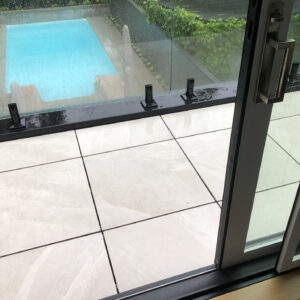
-
Pavers: Timeless Elegance
Pavers offer a classic and elegant look for pool decks. They are available in different shapes, sizes, and colors, letting you create unique designs to make your outdoor area more attractive.
- Pros: Pavers are highly durable, easy to repair (individual pavers can be replaced), and provide excellent traction. When installed properly, they won’t crack or shift easily.
- Cons: The initial expense may be greater compared to other materials. If the base is not properly prepared, pavers can become uneven over time.
-
Stamped Concrete: Stylish and Customizable
Stamped concrete is a popular option for those looking to achieve a high-end look without the high-end cost. It can replicate the appearance of natural stone, brick, slate, and various other materials.
- Pros: Stamped concrete is visually appealing, durable, and customizable with various patterns and colours. It is also slip-resistant when a suitable finish is applied.
- Cons: Routine maintenance, like sealing, is necessary to maintain its appearance. Poor installation can lead to cracking.
-
Spray-On Coatings (Cool Deck): Cool and Comfortable
Spray-on coatings, such as Cool Deck, are designed specifically for pool decks. These coatings make a textured surface that remains cool, even in hot weather.
- Pros: Cool Deck coatings are non-slip, comfortable to walk on, and come in many colours and textures. They stay cooler than other materials.
- Cons: Professional installation is recommended to ensure a uniform finish. Periodic maintenance, including resealing, is necessary to keep the surface in top condition.
-
Tile: Luxurious and Easy to Clean
Tile is a high-end choice for pool decks, providing a smooth and elegant appearance. It is available in a wide variety of styles, colors, and textures, making it simple to match any design.
- Pros: Tile is easy to clean, slip-resistant (when properly textured), and highly durable. It provides a luxurious appearance that boosts the overall attractiveness of your pool area.
- Cons: Tile can be expensive, and installation requires precision to avoid uneven surfaces. Grout lines need regular upkeep to avoid staining and mold growth.
-
Natural Stone: The Epitome of Luxury
For those desiring a luxurious and timeless appearance, natural stone is the top choice. Materials such as travertine, limestone, and sandstone offer unique textures and colours that enhance the natural beauty of your outdoor space.
- Pros: Natural stone is durable, naturally slip-resistant, and cool to the touch. It brings an element of elegance and sophistication to any pool deck.
- Cons: Natural stone can be expensive, and it needs professional installation. Regular sealing is needed to protect it from stains and weather damage.
-
Rubber Coating: Safety and Comfort
Rubber coatings provide a safe and comfortable surface for pool decks. They are made from recycled rubber materials, making them an eco-friendly choice.
- Pros: Rubber coatings are soft underfoot, slip-resistant, and comfortable. They cushion impacts, making them perfect for families with kids. They come in many colors and patterns.
- Cons: Rubber coatings can be expensive and may fade over time. Periodic resurfacing may be needed to maintain their appearance.
-
Wood or Composite Decking: Natural and Modern
Wood and composite decking offer a natural and modern look for pool decks. Composite decking is a low-maintenance alternative to traditional wood.
- Pros: Wood decking has a warm, inviting look, while composite decking is strong, easy to maintain, and resists rot and insects. Both come in many styles and colours.
- Cons: Natural wood requires regular maintenance, including sealing and staining. Composite decking can cost more than other materials.
Making the Right Choice
Selecting the appropriate material for resurfacing your pool deck relies on your specific needs, preferences, and budget. At Designer Deck, we recommend taking into account factors such as durability, maintenance, aesthetics, and safety when making your decision. Seeking advice from a professional can provide useful insights and ensure a successful installation.
Turn your pool area into a stunning and practical outdoor retreat with the right resurfacing material. Whether you lean towards the versatility of concrete overlays, the timeless charm of pavers, or the luxurious look of natural stone, there’s an ideal choice for every style and budget.
For more information and expert advice on pool deck resurfacing, get in touch with Designer Deck today. Our team of experts is prepared to assist you in creating the outdoor space you’ve always envisioned.




